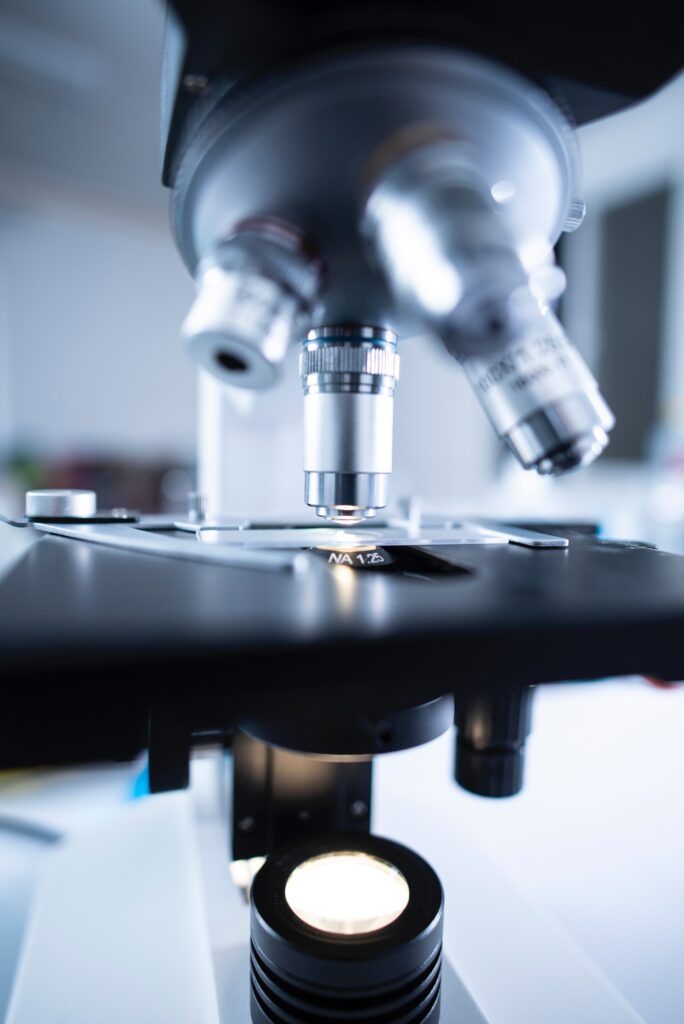Introduction
Are you fascinated by the world of microorganisms and their impact on human health and environment? If yes, then you might want to pursue B.Sc Microbiology, a course that explores the diversity and functions of microbes and their applications in various fields. B.Sc Microbiology is a three-year undergraduate degree that teaches you about the structure, physiology, genetics, ecology and interactions of bacteria, viruses, fungi and parasites. In this blog post, we will discuss the course details, subjects, colleges, syllabus, salary and career prospects of B.Sc Microbiology.

What is B.Sc Microbiology?
B.Sc Microbiology is a course that deals with the study of microorganisms and their role in various domains such as medicine, agriculture, biotechnology, environment and industry. It covers various aspects of microbiology such as microbial taxonomy, morphology, metabolism, genetics, immunology, virology, parasitology, mycology and biostatistics. It also involves the application of microbiological techniques and methods to isolate, identify, characterize and manipulate microorganisms for various purposes.
As a B.Sc Microbiology student, you will learn about the diversity and classification of microorganisms and their relationship with other living organisms. You will also learn about the structure and function of microbial cells and their molecular components. You will also learn about the mechanisms of microbial growth, reproduction, adaptation and evolution. You will also learn about the interactions of microorganisms with their hosts and environment and their role in causing diseases or promoting health. You will also learn about the principles and practices of microbiological analysis and quality control.
What are the subjects and syllabus of B.Sc Microbiology?
The syllabus is divided into six semesters, with each semester having both theory and practical subjects. Some of the common subjects that you will study in B.Sc Microbiology are:
| Semester | Subjects |
|———-|———-|
| I | Basic Chemistry |
| | Basic Mathematics |
| | Basic Physics |
| | Basic Biology |
| | Introduction to Computers |
| II | Organic Chemistry |
| | Physical Chemistry |
| | Biochemistry |
| | Statistics |
| | Communication Skills |
| III | Inorganic Chemistry |
| | Analytical Chemistry |
| | Introduction to Microbiology |
| | Microbial Diversity |
| | Microbial Physiology |
| IV | Instrumental Methods of Analysis |
| | Microbial Genetics |
| | Molecular Biology |
| | Immunology |
| | Virology |
| V | Parasitology |
| | Mycology |
| | Biostatistics |
| | Industrial Microbiology |
| | Medical Microbiology |
| VI | Environmental Microbiology |
| | Agricultural Microbiology |
| | Food Microbiology |
| | Project Work |
What are the fees and duration of B.Sc Microbiology?
B.Sc Microbiology is a three-year course with both annual and semester schemes available. The fees vary depending on the college and the state where you are studying. The average fees range from INR 20,000 to INR 50,000 per year. Government colleges usually have lower fees than private colleges.
How to get admission in B.Sc Microbiology?
To get admission in B.Sc Microbiology, you need to fulfill the following eligibility criteria:
– You must have passed 10+2 or equivalent from a recognized board with Physics, Chemistry and Biology as compulsory subjects.
– You must have scored at least 50% marks in aggregate in 10+2 or equivalent examination.
Some colleges also conduct entrance exams for admission in B.Sc Microbiology. Some of the popular entrance exams are:
– NEST
– BHU UET
– DUET
– CUCET
– IISER Aptitude Test
You need to apply for these exams online and appear for them on the scheduled dates. Based on your rank and score, you will be allotted a college through counselling.
What are the top colleges offering B.Sc Microbiology in India?
There are many colleges offering B.Sc Microbiology in India, but some of the top ones are ranked by various agencies based on various parameters such as academic excellence, infrastructure, placement record and student feedback. Some of the top colleges offering B.Sc Microbiology in India are:
– Madras Christian College, Chennai
– Fergusson College, Pune
– Parul University, Vadodara
– Delhi University, New Delhi
– Birla Institute of Technology, Ranchi
– Sam Higginbottom University of Agriculture Technology and Sciences, Allahabad
– Lovely Professional University, Jalandhar
– Maharishi Markandeshwar University, Ambala
– Royal Global University, Guwahati
– SRM University, Sonepat
What are the career prospects of B.Sc Microbiology?
B.Sc Microbiology offers a wide range of career opportunities in the field of microbiology and its allied areas. You can work in various sectors such as:
– Healthcare and medicine
– Pharmaceutical and biotechnology
– Agriculture and food
– Environment and ecology
– Education and research
Some of the top recruiters that hire B.Sc Microbiology graduates are:
– Apollo Hospitals
– Dr. Reddy’s Laboratories
– Biocon
– Novozymes
– Monsanto
– Nestle
– CSIR
– ICMR
– ICAR
– NCBS
The average salary of a B.Sc Microbiology graduate ranges from INR 3 to 5 LPA depending on your skill, experience and location. With higher knowledge and experience, you can earn up to INR 10 LPA or more.
Conclusion
B.Sc Microbiology is a rewarding course for those who want to pursue a career in the field of microbiology and its applications. It provides you with the knowledge and skills to study and manipulate microorganisms for various purposes. It also opens up many avenues for further studies and research. If you are curious about the microscopic world and want to explore its mysteries and potentials, then B.Sc Microbiology is the right choice for you.
